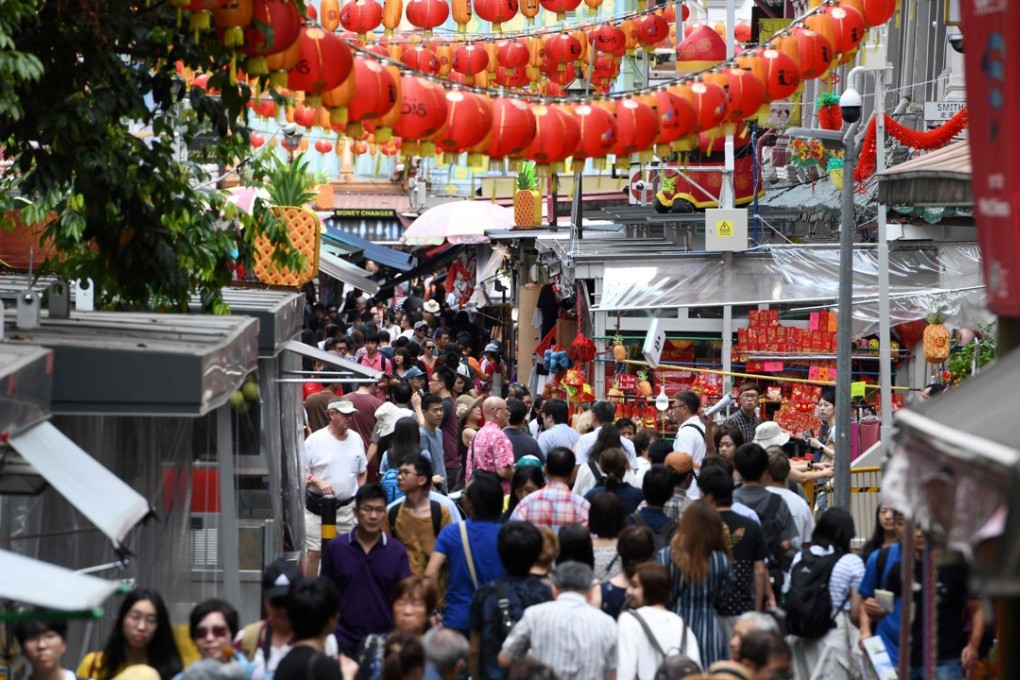As Singapore’s population ages, can the Lion City continue to roar?
Most see a hike in the goods and services tax – the first in over a decade – as a necessary move, but some think it is a sign the city state has no long-term answers for its ‘demographic time bomb’

The Chinese believe that during Lunar New Year, rice jars should not be left empty, lest this should lead to barren and starving days ahead.
On the fourth day of the Lunar New Year, he gave advance notice that the goods and services tax (GST) will most likely rise from 7 per cent to 9 per cent from 2021 onwards. This is the first time in more a decade that the GST will be raised, and also the first time that the hike was announced so early.
In defending the need to raise taxes in a time of surplus, Heng rattled off a list of things that Singapore has to spend more on, from security to education, and particularly on health care and infrastructure.
He also told Singapore’s Straits Times that the government had looked at all other options before concluding that there was no choice but to raise the consumption tax. “Revenue will not be enough,” he put it bluntly.
So far, criticism of the tax hike has been muted, while economists, tax experts and even business leaders have supported it.